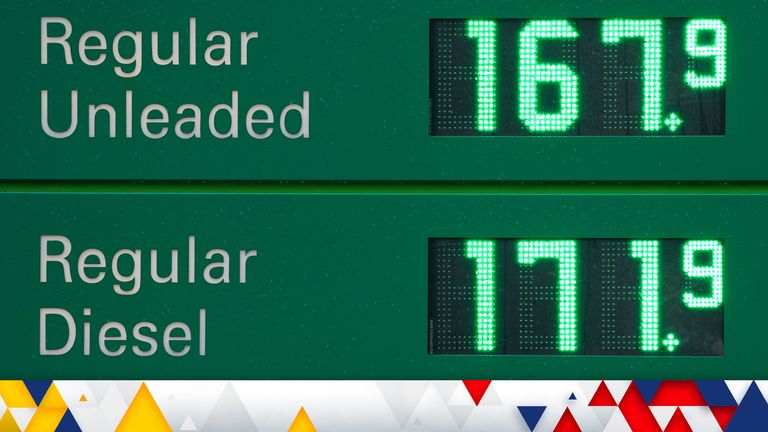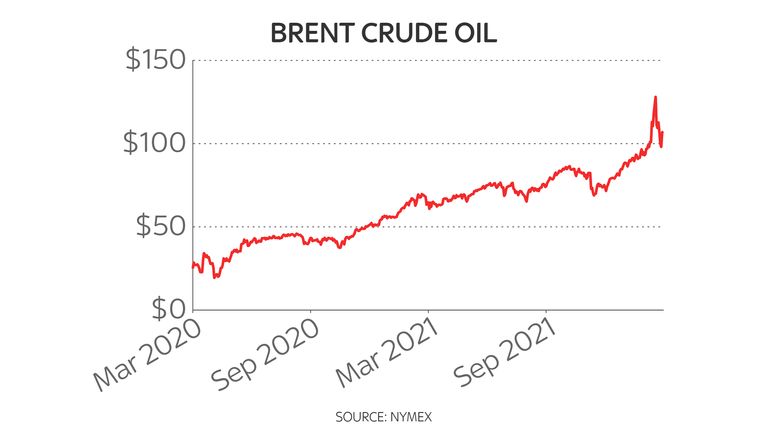‘Cash machine’ BP more than doubles boss’s pay to £4.46m as energy prices surge
BP boss Bernard Looney has seen his annual pay more than double to £4.46m as the energy giant’s profits were boosted by soaring oil and gas prices.
The scale of Mr Looney’s 2021 remuneration, up from £1.74m a year earlier, is likely to reignite calls for a windfall tax on North Sea energy giants to help ease Britain’s cost of living crisis.
BP reported an underlying annual profit of $12.8bn (£9.5bn) last month, partly accounted for by $2.72bn from its stake in Russia’s Rosneft – which it has since said it plans to offload.
That was after BP slumped to a $5.7bn loss in 2020 when the coronavirus pandemic crushed demand, driving the price of oil sharply lower.
It bounced back last year prompting Mr Looney to liken the business to a “cash machine”.
Much of the chief executive’s pay increase – set out in the energy giant’s annual report – was due to the awarding of a £2.4m annual bonus, after he received none the year before.
He also saw his basic salary increase by 2.75% to £1.32m and it is set to go up by a further 4.25% this year, which the company said was in line with the wider UK workforce.
Paula Rosput Reynolds, chair of BP’s remuneration committee, said in the report: “Financial performance… was outstanding.”
She added: “Bernard continues to lead the enterprise with a bold vision and has also demonstrated that his goal of ‘performing while transforming’ is being met.”
The figures come after rival Shell last week revealed a 26% rise in its boss Ben van Beurden’s annual pay to €7.4m (£6.2m).
Both companies are likely to benefit after energy prices, already surging at the end of last year, soared further following Russia’s invasion of Ukraine.
But both businesses will also be counting the cost of cutting ties with the Russia.
BP has said the disposal of its 19.75% stake in Rosneft could cost it $25bn while Shell has also turned its back on Russian oil.
Meanwhile, UK households are being squeezed by surging energy bills – set to go up by an average 54% next month for millions – as well as soaring fuel prices, which have been hitting new records daily and mean the cost of filling up a typical family car is now more than £90.
Higher energy prices are largely responsible for the surge in inflation, expected to hit 8% in April.
The Bank of England said this week that the surge in commodity costs following Russia’s invasion of Ukraine would mean another hike in bills in October, pushing inflation even higher.




